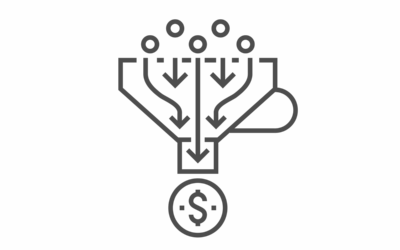With technology advancing quickly, it’s interesting to see what the society of the future holds.
Atlanta-based staffing and consulting firm The Intersect Group and Techonomy, a technology media company, recently gathered at a breakfast hosted by TAG (Technology Association of Georgia) to talk about how technology is changing the way we do business.
David Kirkpatrick, Techonomy Editor-in-Chief, stated, “the pace of change in technology has created enormous opportunity.”
This led us to examine more ways in which technology has created an impact on our society, not only in business, but in education, energy and medicine, as well:
Education: It’s hard for students who work full-time to make it to a physical college campus for 12-15 hours of class time each week. Many schools now offer options to attend hybrid or virtual classrooms. The need to carry around textbooks that weigh you down is no longer an issue either. Thanks to e-books, your textbook now sits in the palm of your mobile device or tablet.
Technology is impacting elementary school education, as well. According to an article in Edweek, the International Association for K-12 Online Learning, or iNACOL, estimates that more than 1.5 million K-12 students were engaged in some form of online or blended learning in the 2009-10 school year.
Business: In terms of communication, technology plays a huge roll in increasing face value. Talking over the phone is great, but seeing someone’s face via a video conference call makes things more personal. Working remotely has never been easier.
Mobile technology is relatively new, but has rapidly changed our buying habits. According to Tech 360, mobile traffic to the top 500 e-tailers was up 39% in 2013 with approximately 50 billion visits.
Energy: Whether you believe it or not, solar might be just be the next big thing in energy. Thomson Reuters’ Intellectual Property & Science division made a list of innovations they believe will take place by 2015 and their findings indicate that at some point, solar will be our primary source of energy. They believe, something called solar photovoltaic energy will use solar panels to heat buildings and water while powering devices at home and in the office.
John Baumstark, founding Chairman and CEO of Suniva, the leading American manufacturer of highly-efficient, affordable solar cells and modules, was a panelist at the Techonomy and The Intersect Group event hosted by TAG. Baumstark claims solar energy is actually affordable, as long as it isn’t subsidized. “You don’t have escalation of your utility bills going forward and that’s a pretty good deal,” said Mr. Baumstark. Baumstark sees an enormous potential for solar energy in the U.S. and globally.
Medicine: Medicine is continuously evolving, and patient safety is of high importance. The University of San Francisco California Medical Center is a prime example of a hospital using technology to minimize patient risk and human error. To eliminate room for error while distributing medication, they have begun utilizing robotic technology and electronics to prepare and track medications. UCSF recently ran a trial phase and the results indicated there was no error in the 350,000 doses of dispensed medications. Many other companies have started to do the same to improve the quality of patient care.
The above just touches on millions of ways in which we utilize technology to better our society today. We think The Intersect Group’s CEO Rebecca Rogers Tijerino put it best at the company’s recent TAG-hosted event: “If your business isn’t moving towards change constantly and thinking about how to reinvent itself, you’re going to get beat by a kid in a garage.”


